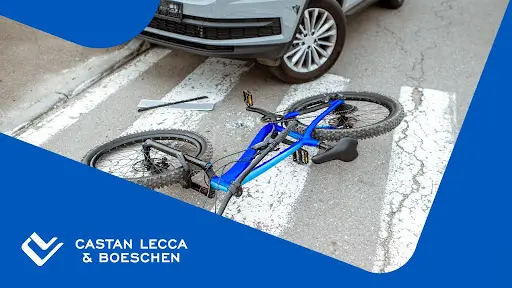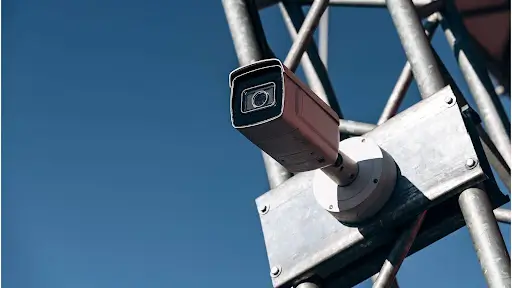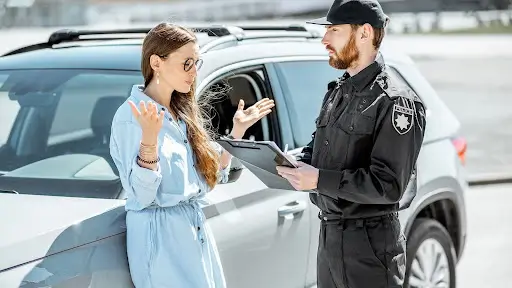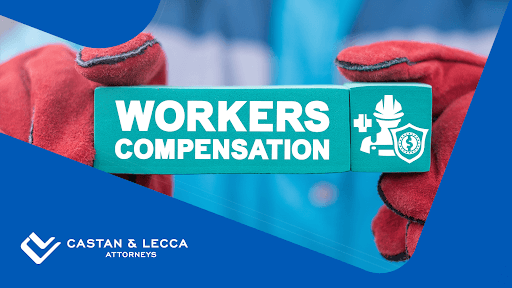How is fault determined in a pedestrian accident case?
How is fault determined in a pedestrian accident case?

A big part of being a personal injury lawyer is identifying and proving that other parties were responsible for the harm caused to our clients. Only skilled and experienced attorneys can correctly determine fault when it comes to more complex cases, like those related to pedestrian accidents.
From car crashes, and motorcycle mishaps to insurance company claims, pedestrian accidents can have many characteristics that make them difficult to solve at first glance. Still, our team at Castan Lecca & Boeschen is more than capable of seeing the small details and figuring out a successful winning strategy for most of our clients.
Knowing how to determine fault in these personal injury cases is what makes the difference at the end of the day. In this blog post, we will show you how to identify the most common ways to establish liability in pedestrian accidents.
Eyewitness Testimony
This is easily one of the most important factors in any pedestrian accident case. Eyewitness testimonies can corroborate the story of the victim and provide details that will surely help any investigation. Witnesses who observed the accident can provide crucial information about what happened and help determine fault. Interviews, depositions, and court testimonies are the most common way to gather everything an eyewitness can offer.
Having many people support the same story is a clear way to establish credibility for the victim and fault for any parties involved that behaved negligently. Passersby and police officers are perfect eyewitnesses for any pedestrian accident case.
Video Surveillance or Photographs
An invaluable piece of evidence in any pedestrian accident case would have to be anything related to a photo or video, especially if it shows the exact moment when the accident itself happened. These types of recordings or pictures can clear out any ambiguity left by the eyewitness accounts, allowing a personal injury lawyer to build an even stronger case.
Many pedestrian accident cases are decided with this type of evidence because it’s more definitive than any type of eyewitness testimony. As they say, A picture is worth a thousand words.
Police Reports
Many people hesitate to call the police right after an accident happened to them. Perhaps because they are afraid to get in trouble, or maybe because they don’t understand the correct procedure they need to follow if they want to pursue the incident legally. In any case, filing a police report can be a make-or-break decision when it comes to any pedestrian accident case, and any personal injury lawyer would advise you to follow through with it.
Any properly done police report may contain information about the accident, including statements from involved parties, witnesses, and any preliminary assessments of fault. Having this document prepared beforehand could facilitate and improve the chances of receiving a favorable outcome and adequate compensation later on.
Accident Reconstruction
In more complex situations, a personal injury lawyer might feel the need to consult with an expert to reconstruct the accident and analyze the evidence with a specialized eye. Accident reconstruction experts may be called upon to recreate the accident scenario and provide further insight into who was truly at fault.
They use techniques such as examining vehicle damage, skid marks, and other physical evidence to determine factors like vehicle speeds and positions at the time of the collision. These professionals work hand in hand with personal injury lawyers to determine the facts of the situation and present a solid case.
Pedestrian Behavior
Finally, analyzing and interpreting the behavior of the victim before, during, and after the accident is another way to establish fault in these types of cases. Many personal injury lawyers know that time is of the essence in these situations, and this also comes into play when it relates to how the victim acted. Did they call the police? Were they crossing the street correctly? Are they gravely injured? These and many other questions can completely change the perspective of any pedestrian accident case.
Factors such as whether the pedestrian was using designated crosswalks or obeying traffic signals are the first things any personal injury lawyer will assess before even investigating other aspects of the case. After proving that the victim was not acting negligently, other investigations can be done properly
Details regarding traffic laws and regulations are also taken into account since they should govern the behavior of drivers and pedestrians on the road. Violations of these laws, such as speeding, running a red light, or failing to yield the right-of-way, can be strong indicators of fault.
If you have been involved in a pedestrian accident recently, don’t hesitate to contact Castan Lecca & Boeschen. We will look at your case and advise you on your future legal moves. Trust our experienced and skilled team of personal injury lawyers in this difficult time of your life, so we can fight for your rights and aim to obtain compensation for all the damages and losses you may have suffered.





































